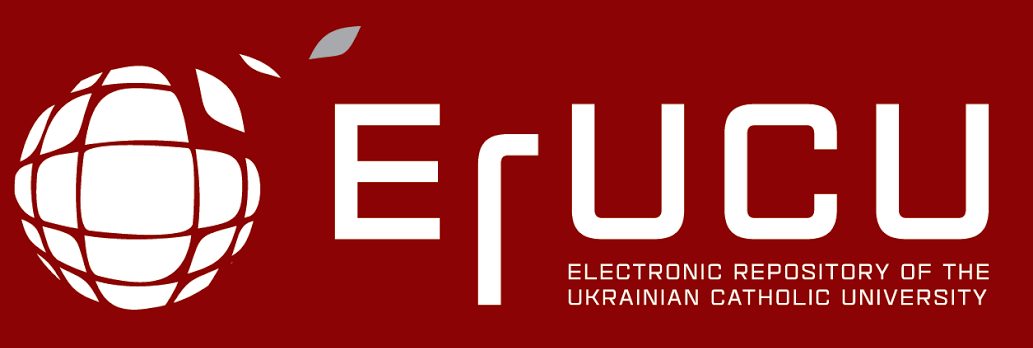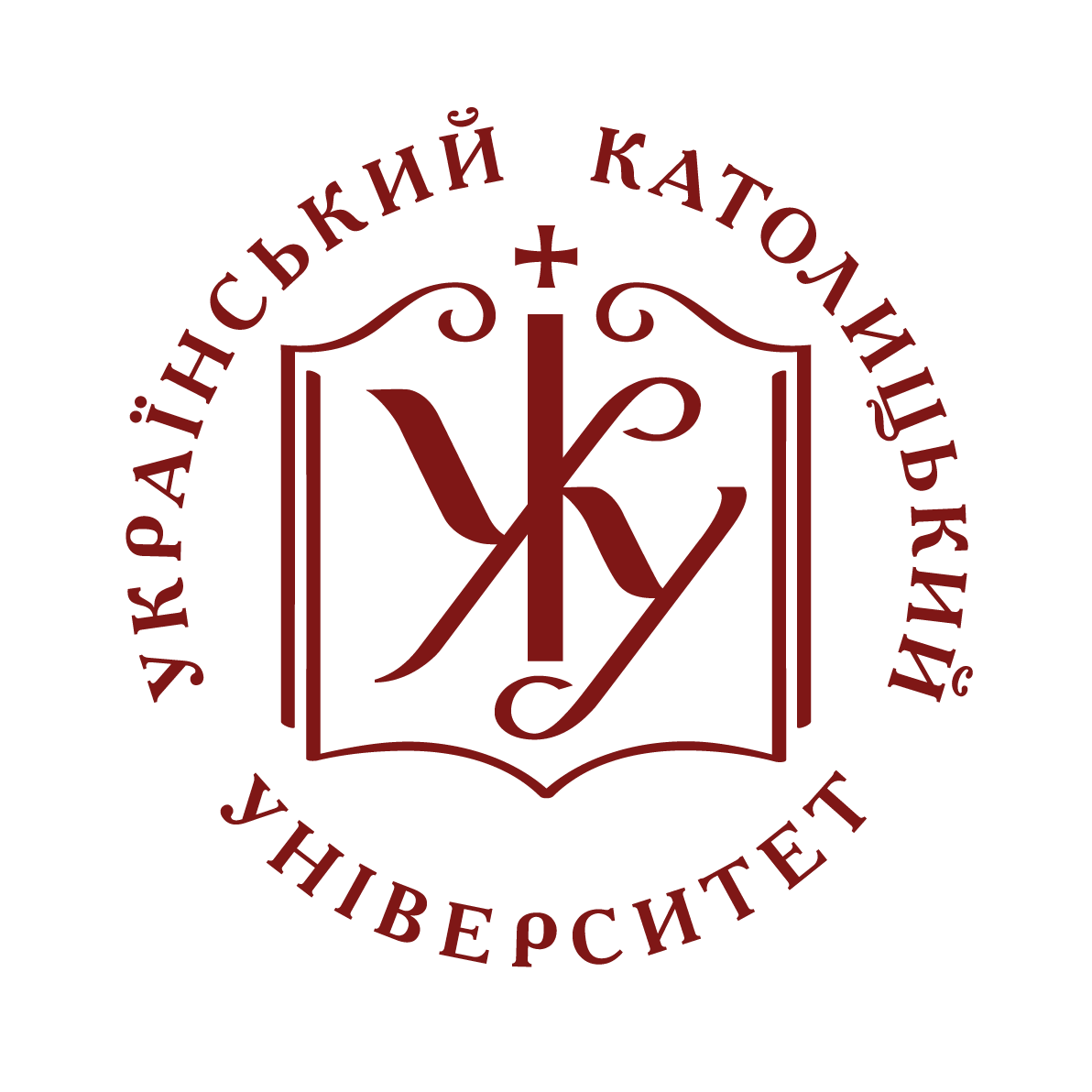- Домівка
- →
- Faculty of Philosophy and Theology | Філософсько-богословський факультет
- →
- Кафедра пасторального богослов’я
- →
- Статті
- →
- Перегляд матеріалів
Сценарії JavaScript вимкнено для Вашого браузера. Деякі функції цього сайту не будуть працювати без них.
Показати скорочений опис матеріалу
| dc.contributor.author | Олійник, Андрій
|
|
| dc.contributor.author | Oliynyk, Andriy
|
|
| dc.date.accessioned | 2016-02-02T14:40:20Z | |
| dc.date.available | 2016-02-02T14:40:20Z | |
| dc.date.issued | 2014 | |
| dc.identifier.citation | Oliynyk A. Saint John Chrysostom’s preaching “logotherapy” in the face of heresy of anomoeanism / Andriy Oliynyk // Vox Patrum. - 2014. - № 34. - T. 61. - S. 249-256. | uk |
| dc.identifier.uri | http://er.ucu.edu.ua/handle/1/524 | |
| dc.description.abstract | Św. Jan Chryzostom (349-407) wywarł olbrzymi wkład w rozwój doktry- ny teologicznej i praktyki pastoralnej, działając w okresie, który badacze cha- rakteryzują jako „złoty” wiek dla partystyki i kaznodziejstwa na chrześcijań- skim Wschodzie. Równocześnie w tym czasie poważny kryzys w Kościele Bizantyjskim powodują błyskawicznie rozpowszechniające się na Wschodzie herezje: arianizm, manicheizm, duchoburstwo, apolinaryzm i inne. Św. Jan jako duszpasterz działa w ostatnim etapie trwania herezji arianizmu, która szeroko rozpowszechniła się w Antiochii w postaci anomeizmu, kwestionującego boską naturę Chrystusa. Jako teolog walczy on z tą herezją tylko i wyłącznie z ambony. „Logoterapia” kaznodziejska św. Jana Chryzostoma polegała na obronie ortodok- syjnej nauki z użyciem metody duszpasterskiej: stosuje on dialog ze słuchaczem, aby udowodnić niesłuszność nauki heretyckiej i w ten sposób uchronić zdrowie duchowe oraz nieskazitelność wiary ludu powierzonego jego pasterskiej trosce. Św. Jan nie ma zamiaru prowadzić dysputy dogmatyczno-polemiczne z ambony z celem ich wygrania, lecz ma zamiar uleczyć (uwolnić) słuchaczy od błędnych poglądów i heretyckiej nauki. Każdego „chorego” Złotousty traktuje w duchu łagodności i miłości; nie wyklina heretyków, lecz zwraca się do nich z apelem, aby powrócili do jedności z Kościołem. Chryzostom traktuje swoje kazania jako swoisty „seans logoterapii”, co przejawia się w werbalnym „zalewaniu ran oliwą i winem” (Łk 10, 34). | uk |
| dc.language.iso | en | uk |
| dc.subject | Jan Chryzostom | uk |
| dc.subject | John Chrysostom | uk |
| dc.subject | anomeizm | uk |
| dc.subject | anomoeanism | uk |
| dc.subject | logoterapia | uk |
| dc.subject | logotherapy | uk |
| dc.subject | herezja | uk |
| dc.subject | heresy | uk |
| dc.subject | homilia | uk |
| dc.subject | homily | uk |
| dc.title | Saint John Chrysostom’s preaching “logotherapy” in the face of heresy of anomoeanism | uk |
| dc.title.alternative | ||
| dc.type | Article | uk |
| dc.status | Опублікований і розповсюджений раніше | uk |
| dc.description.abstracten | St. John Chrysostom (349-407) has had a huge contribution to the development of the doctrine of theology and pastoral practice, acting during the age which the researchers characterized as “flourishing” time for patristic and preaching in the Christian East. At the same time it was a period of a serious crisis in the Byzantine Church caused by rapidly expanded heresies: Arianism, Manichaeism, Macedonianizm, Apollinarism and others. St. John works as a pastor in the final stage of the heresy of Arianism, which is widely spread in Antioch as the group of Anomoean, which denied the divine nature of Christ. As a theologian, he fights with the only heresy from the pulpit. Preaching’s “logotherapy” of St. J. Chrysostom tried to defend the orthodox teachings using of the pastoral method: it uses a dialogue with the listener, to prove the groundlessness of heretical teachings and thus protect the spiritual health and the integrity of the faith of the people entrusted to his pastoral care. St. John does not intend to lead dogmatic polemical discourse from the pulpit with the purpose of winning it, but it is going to heal (free) audience of false views and heretical teachings. Chrysostom treats every “infected” person in the spirit of meekness and love. He doesn’t ban heretics, but appeal to them to return to communion with the Church. Chrysostom takes his sermons as a kind of “showing of the logotherapy”, which manifests itself in verbal “injured wounds with oil and wine” (Luke 10:34). | uk |
| dc.relation.source | Vox Patrum. - 2014. - № 34. - T. 61. | uk |
Долучені файли
Даний матеріал зустрічається у наступних зібраннях
-
Статті [117]
Articles


